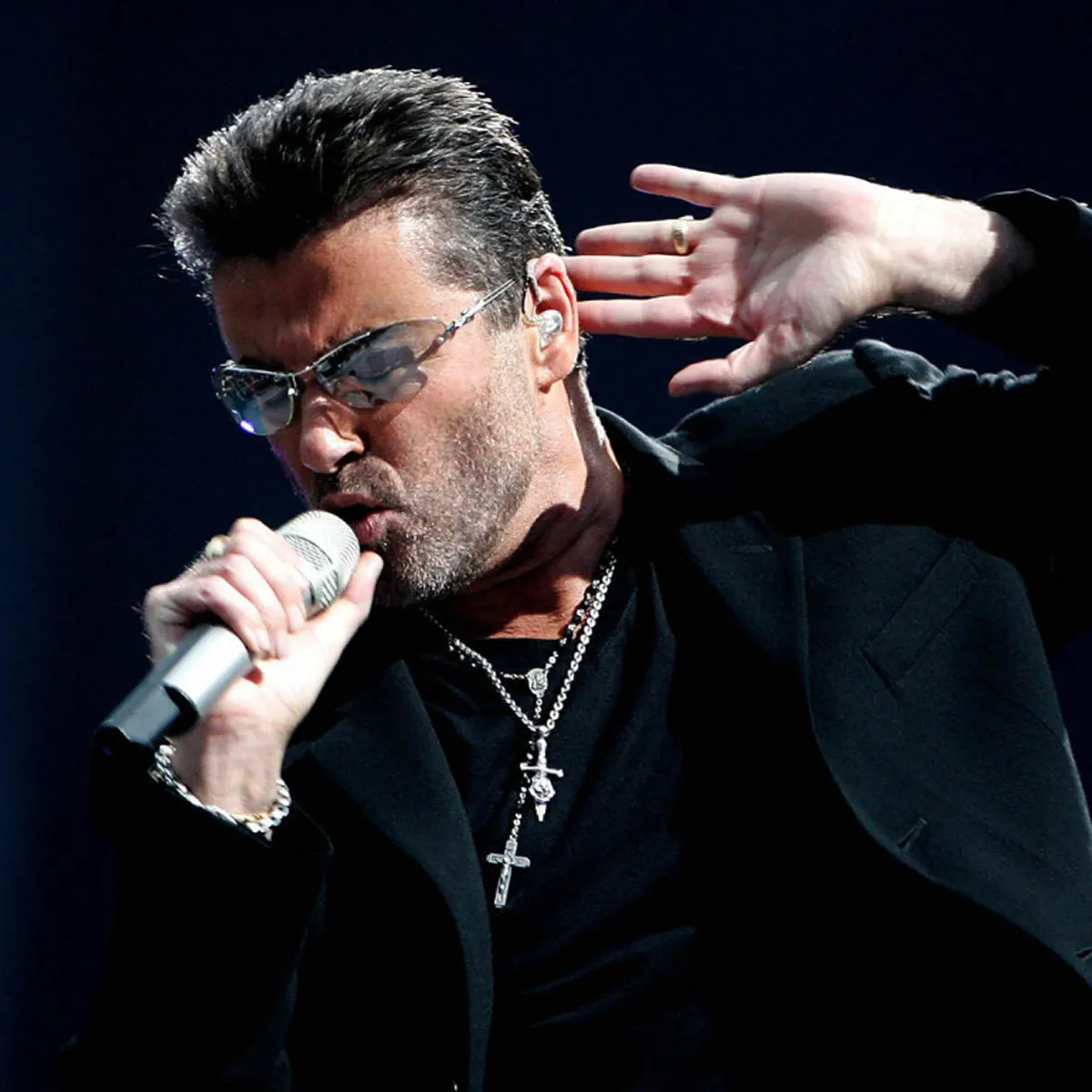Ireland’s New Government Payment for Musicians: What You Need to Know
Imagine a musician in Dublin stepping into the studio late at night. The track is done, mastered, ready for the world, but while he works the bills keep landing, the gigs have been lean, and the hope of stable income feels distant. Now imagine that same musician waking up each week knowing there is a payment coming from the government that gives a little breathing room: not a lavish amount, but enough to ease the pressure so art gets a chance to flourish. In recent years – and now moving into full swing in 2025 and beyond – the Irish Government has introduced a new payment scheme aimed squarely at artists, including musicians. If you work in music and collaborate across Ireland or are considering opportunities there, it’s worth understanding how this scheme works, what it means and how it might influence your outlook.
At the heart of it lies the so‐called “Basic Income for the Arts” pilot scheme. From 2022, the scheme selected approximately 2,000 eligible artists and creative arts workers in Ireland to receive a payment of €325 per week. This payment was intended to support them in their creative work, recognising the financial instability that often accompanies artistic careers. The scheme was originally designed to last the three years of 2022 to 2025. What has become clear by 2025 is that the scheme is widely regarded as successful, particularly in its impact on mental wellbeing, creative output and the capacity of artists to devote time to their craft rather than simply “making ends meet”.
For musicians in particular this type of support is significant. Music work is episodic by nature: recording sessions, gigs, sync licences, royalties – none of it is guaranteed. The introduction of this payment acknowledges that reality. What it did was give recipients a reliable baseline of income which in several cases meant fewer hours teaching or working day jobs and more hours writing, producing, gigging or developing new streams. That shift in time allocation matters: it allows creative risk, development of new material, touring planning and collaboration with less fear. The 2025 evaluation of the pilot showed recipients reporting lower stress levels, better mental health, and higher productivity in their creative practice.
One key takeaway is how this scheme differs from a universal basic income in the broadest sense. It is not available to every musician or every creative person automatically. There is an application process, eligibility criteria and, initially, selection by random sampling once eligibility is satisfied. That means that if you are a musician working in Ireland or part of the Irish creative sector your first challenge is whether you meet the eligibility criteria: practising artists or creative arts workers, or recently trained applicants, who can provide evidence of their work and are tax compliant. For musicians that tends to mean showing evidence of performance, recording, publishing, or sessions income, as well as creative activity. Social welfare and tax implications also apply: the payment is treated as self-employed income for income tax and PRSI purposes. Musicians who are already registered as self-employed must ensure they account for the payment correctly.
Another important aspect is where the scheme stands in 2025 and what is next. While the pilot runs to 2025, the government has announced an intention to make a successor scheme permanent in the Budget for 2026. That means for a musician looking ahead it is not just about the payment you may receive now, but how it alters the landscape of funding for artists in Ireland. Reports say that the number of participants is being expanded and the eligibility may broaden. For UK-based artists collaborating with Irish musicians or seeking Irish funding this is especially relevant: it signals legislative and cultural commitment to supporting creative careers. Musicians should keep an eye on application timelines, how the scheme is administered, and how it might intersect with other funding, gig income, teaching income or session work.
So what should a musician keep in mind if you are interested or affected by this scheme? First, check your status: if you already work in or with Ireland, confirm your eligibility and track when the next application round opens. Make sure your documentation is in order: record your creative practice, keep evidence of your income and your engagements. Second, understand the tax and welfare impact: this payment is self-employed income, and the interplay with earnings, benefits and social protection thresholds should be reviewed with your accountant or adviser. Third, consider how this scheme may influence your strategy: if you know a baseline income is available, you might choose to take more creative risks, reduce teaching hours or invest in recording, touring or collaboration in Ireland. Fourth, collaborations matter: if you work with Irish musicians who benefit from the scheme, your contracts should reflect the impact on rights, revenue splits and scheduling. Finally, keep in touch with developments: as the scheme evolves into a permanent fixture, rules may change, eligibility may expand or new obligations may appear.
It is worth emphasising that initiatives like this are part of a broader shift in how governments view creative work. The fact that Ireland is moving from emergency relief (during pandemic times) to structural support is noteworthy. As a UK-based music manager or artist (and you noted you manage musicians professionally) this kind of policy shift may influence your international strategy: artists may look to Ireland as a viable base or partner for recordings, touring, residencies or co-writing. It also raises questions around how rights and funding cross borders in the creative industries.
In short, the Irish payment scheme for musicians and creatives offers a rare form of income stability in a notoriously unpredictable field. It changes the calculus for those who apply, for those who collaborate with them and for those who fund and manage creative work. While no scheme solves every challenge, this is one of the strongest signals to date that governments are evolving their approach to artist funding. For any musician working in or with Ireland, staying informed about this scheme and its next phase is more than just good practice — it could shape the opportunities you pursue.
If you or your artists are considering Irish collaborations, or simply want to understand how this scheme might affect contracts, rights and funding strategy, reach out to our team. We specialise in music law and creative funding strategy, we understand the cross-border implications and we can help you map how this scheme fits into your career or business plan. Stay proactive, and turn change into opportunity.
Our services
Commercial Partnerships & Digital Media

The modern music industry extends far beyond records and live shows. Artists increasingly rely on partnerships with brands, merchandising opportunities, synchronisation deals, and digital platforms to grow their careers and generate income. These arrangements can be highly rewarding, but without careful agreements, they can also dilute your rights or undervalue your contribution. At musiclegal.co.uk, we connect you with experienced professionals who understand how to protect your interests while unlocking the potential of commercial partnerships and digital media.
Contracts & Agreements

Every successful music career rests on clear, carefully written agreements. Contracts are not about limiting creativity but about protecting it. Whether you are an emerging artist negotiating your first management deal, a band agreeing how to share income, or a label setting out terms with a producer, written agreements ensure that expectations are understood and disputes are avoided. At musiclegal.co.uk, we connect you with experienced professionals who specialise in the music industry and understand both the business and the artistry. Our goal is to help you secure fair terms so that you can focus on the music.
Debt Recovery

Few things are more frustrating for musicians than not being paid for their work. Whether it is an unpaid gig fee, a delayed royalty payment, or a contract that has been ignored, unpaid income can create financial strain and damage trust. The music industry is fast moving, and chasing money can feel awkward or even risky if you fear losing future opportunities. At musiclegal.co.uk, we connect you with professionals who understand the realities of the industry and who can help recover what you are owed quickly, professionally, and without burning bridges.
Disputes & Conflict Resolution

The music industry is full of collaboration, but wherever there are creative partnerships there is also the potential for conflict. Disputes can arise between band members, between artists and managers, or over unpaid fees and royalties. Left unresolved, these issues can damage relationships and careers. At musiclegal.co.uk, we connect you with professionals who specialise in resolving music industry disputes quickly, fairly, and with as little disruption as possible, so that you can return your focus to the music.
Intellectual Property & Rights Protection
.webp)
Every piece of music begins as an idea, and that idea is intellectual property. Protecting it is the difference between retaining control over your work and watching it slip away. Copyright, performer’s rights, trade marks and brand protection all form part of the framework that allows musicians and businesses to safeguard what they create. At musiclegal.co.uk, we connect you with professionals who understand the music industry’s unique legal landscape, ensuring that your songs, recordings and identity are protected so that your career can grow securely.
Live Music, Touring & Events

The thrill of live performance is at the heart of every music career. From intimate club shows to major festival appearances, the live sector is where artists connect directly with their audience. But behind every performance sits a web of agreements covering payment, cancellations, liability, insurance, and logistics. Without proper documentation, artists risk financial loss, disputes with promoters, or even cancelled shows. At musiclegal.co.uk, we connect you with professionals who ensure that your live music contracts are clear, fair, and built to protect you, so you can take the stage with confidence.
Royalties, Publishing & Revenue Streams
.webp)
Royalties and publishing are the lifeblood of many music careers. They represent the money that flows when your music is played, performed, streamed, sold, or used in film and advertising. Yet the systems that govern royalties are notoriously complex, often leaving musicians underpaid or uncertain about what they are owed. At musiclegal.co.uk, we help you understand how revenue streams work, how to protect your rights, and how to make sure that you receive fair payment for your creative efforts.

.svg)



.webp)
.webp)


